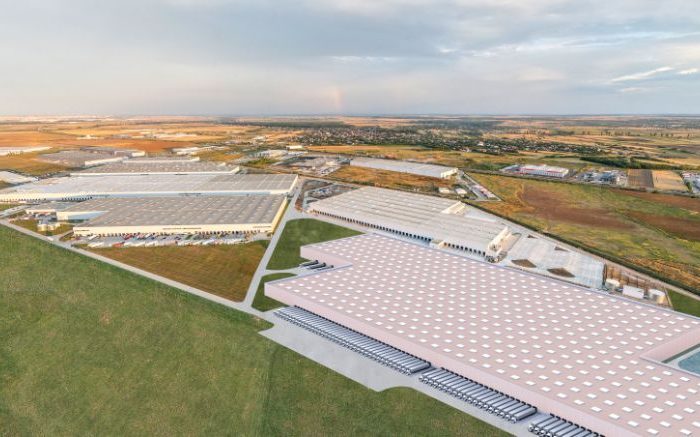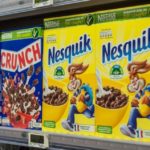Nestlé aims to reach net zero emissions by 2050

Climate change poses a huge risk to the future of food. At the same time food production and consumption are a major source of greenhouse gas (GHG) emissions. Therefore, Nestlé says it will halve its GHG emissions by 2030 to reach net zero by 2050. Net zero means that the company will drastically reduce its GHG emissions from farm to fork, implementing projects to store carbon in soils and by planting trees.
More than 2/3 of Nestlé’s emissions come from the production of agricultural ingredients it uses. The company sources those from 500,000 farms it works with directly and another 4.5 million farms it engages through suppliers all over the world. To tackle agricultural emissions, Nestlé will transform with its suppliers the way food is produced. More intensive farming practices will be transformed into regenerative agriculture, for the benefit of nature and ensuring a decent farmer income. In practice, Nestlé focuses on healthy soils, net zero dairy farms and sustainably sourced cocoa and coffee.
One third of the world’s topsoil have already been degraded. To reverse this trend, Nestlé trains and rewards farmers to use less pesticide and apply techniques such as permanent soil cover, crop rotation and reduced tillage. This will help keep more carbon and water locked up in the ground and creating healthier soils and landscapes. Nestlé already initiated such programs in France and the UK and it will broaden these across the region, starting in Italy and Hungary. Within the next five years, the company will source 20% of its key ingredients from regenerative the agriculture – and 50% by 2030.
Cocoa and coffee are two key ingredients that Nestlé uses in many of its products in the region. The company does not want the production of those ingredients to be linked to deforestation, which is leading to more carbon emissions. By 2025, 100% of the cocoa and coffee Nestlé uses will be sustainably sourced. For this Nestlé is cooperating with farmers to avoid deforestation and rolling out an ambitious reforestation plan. In 2020, the company kicked off a public-private partnership to conserve and restore the Cavally Forest, one of the last remaining biodiversity hotspots in Côte d’Ivoire. The company has committed to plant every year at least 20 million trees till 2030 in the areas where it sources ingredients.
By 2025, Nestlé will use 100% green electricity in all 800 international factories and offices. Already more than 80 of the 129 plants in the EMENA area use exclusively green energy, and investments in logistics hubs in the UK, France, and Italy together with the transition, where possible, to alternative means of transport make it possible to significantly reduce greenhouse gases.
Photo: Shutterstock














